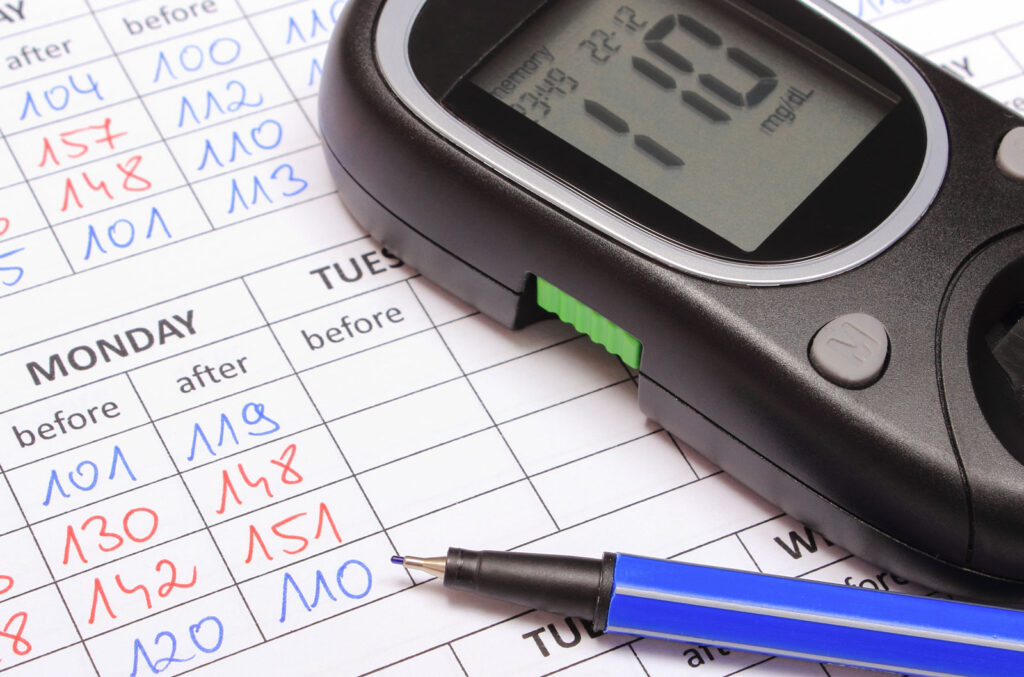Susan from Austin, TX writes:
My husband has recently been diagnosed with type-2 diabetes. His doctor wants to start him on some medication. He is 42 years old and about 30 pounds overweight. Are there any lifestyle changes that he can make?
Dear Susan,
Diabetes and blood sugar related health challenges are topping the list in America these days. Our lifestyle choices determine the kind of results we will attain when fighting a health challenge like this. If your husband is willing to radically make some changes, then statistics tell us that he can win. It all begins with some practical steps. Here are some basics to consider.
- Keep his meals balanced – each meal should be composed of equal amounts of protein (chicken, fish, beef, eggs, organic protein powder), low glycemic carbohydrates (fruits and veggies), and healthy fats (nuts, avocados, etc). The fats and protein will help regulate blood sugar throughout the day.
- Eat multiple meals throughout the day. – Studies have shown us that eating more frequently will help regulate and stabilize blood sugar. I am a big fan of eating 6 small meals/snacks a day separated by every 3 hours.
- Exericise daily – Research in the May 2011 issue of the JAMA tells us the impact of keeping our weight down with diabetes with. Exercise is a secret weapon in regulating our blood sugar. Whether it is aerobic or anaerobic, consistency is the key. So get out each day averaging a total of 150 minutes a week and walk, jog, lift weights, or play a sport. Above all else, get moving!
- Sleep – Yes I said sleep more! Research in the Journal of Diabetes Care tells us that sleeping a consistent 7 hours will help stabilize blood sugar.
- Don’t Stress Out – Obviously we all have stress in our lives. The key term is “managing” our stress. Stress affects the body’s adrenal glands. These glands will produce a hormone called cortisol in response to handling stress. Cortisol is needed, however, an overproduction from too much emotional stress, physical stress, lack of sleep, or other environmental stressors can tax our bodies ability to manage blood sugar.
- Read Food Labels – Learn to read labels and understand what you are putting gin your body. A good rule of thumb is eating whole foods in the way they were originally designed. Processed foods, preservatives, and additives are some the largest culprits in disrupting blood sugar levels.
Above all else stay balanced. If you come up with a great plan, research tells us that many times, you can win battles against blood sugar-related issues.




